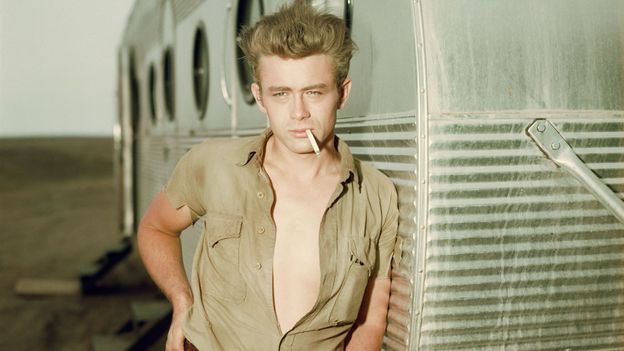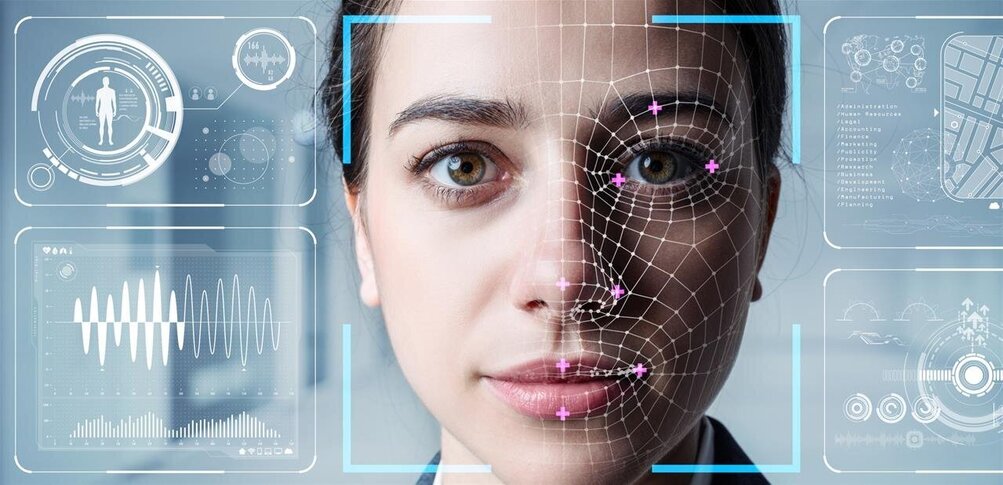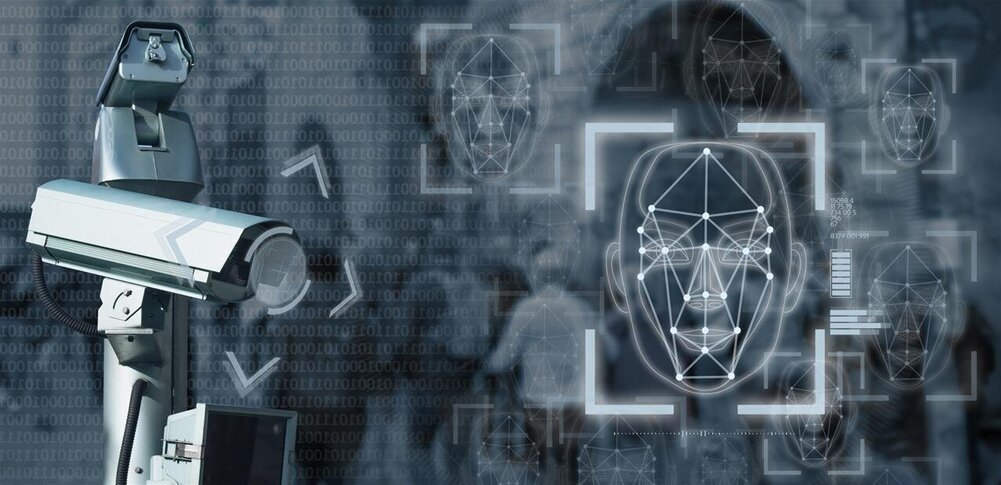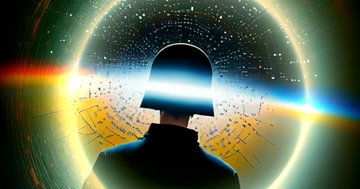Celebrities such as James Dean can be brought back to life as digital clones thanks to the power of artificial intelligence, but it is raising troubling questions about what rights any of us have after we die.
Most actors dream of building a career that will outlive them. Not many manage it – show business can be a tough place to find success. Those that do, though, can achieve a kind of immortality on the silver screen that allows their names to live on in lights.
One such icon is the American film actor James Dean, who died in 1955 in a car accident after starring in just three films, all of which were highly acclaimed. Yet now, nearly seven decades after he died, Dean has been cast as the star in a new, upcoming movie called Back to Eden.
A digital clone of the actor – created using artificial intelligence technology similar to that used to generate deepfakes – will walk, talk and interact on screen with other actors in the film.
The technology is at the cutting edge of Hollywood computer generated imagery (CGI). But it also lies at the root of some of the concerns being raised by actors and screen writers who have walked out on strike in Hollywood for the first time in 43 years. They fear being replaced by AI algorithms – something they argue will sacrifice creativity for the sake of profit. Actor Susan Sarandon is among those who has spoken about her concerns, warning that AI could make her « say and do things I have no choice about ». (Read about how the 2013 film The Congress predicted Hollywood’s current AI crisis.)
Mots-clés : cybersécurité, sécurité informatique, protection des données, menaces cybernétiques, veille cyber, analyse de vulnérabilités, sécurité des réseaux, cyberattaques, conformité RGPD, NIS2, DORA, PCIDSS, DEVSECOPS, eSANTE, intelligence artificielle, IA en cybersécurité, apprentissage automatique, deep learning, algorithmes de sécurité, détection des anomalies, systèmes intelligents, automatisation de la sécurité, IA pour la prévention des cyberattaques.






